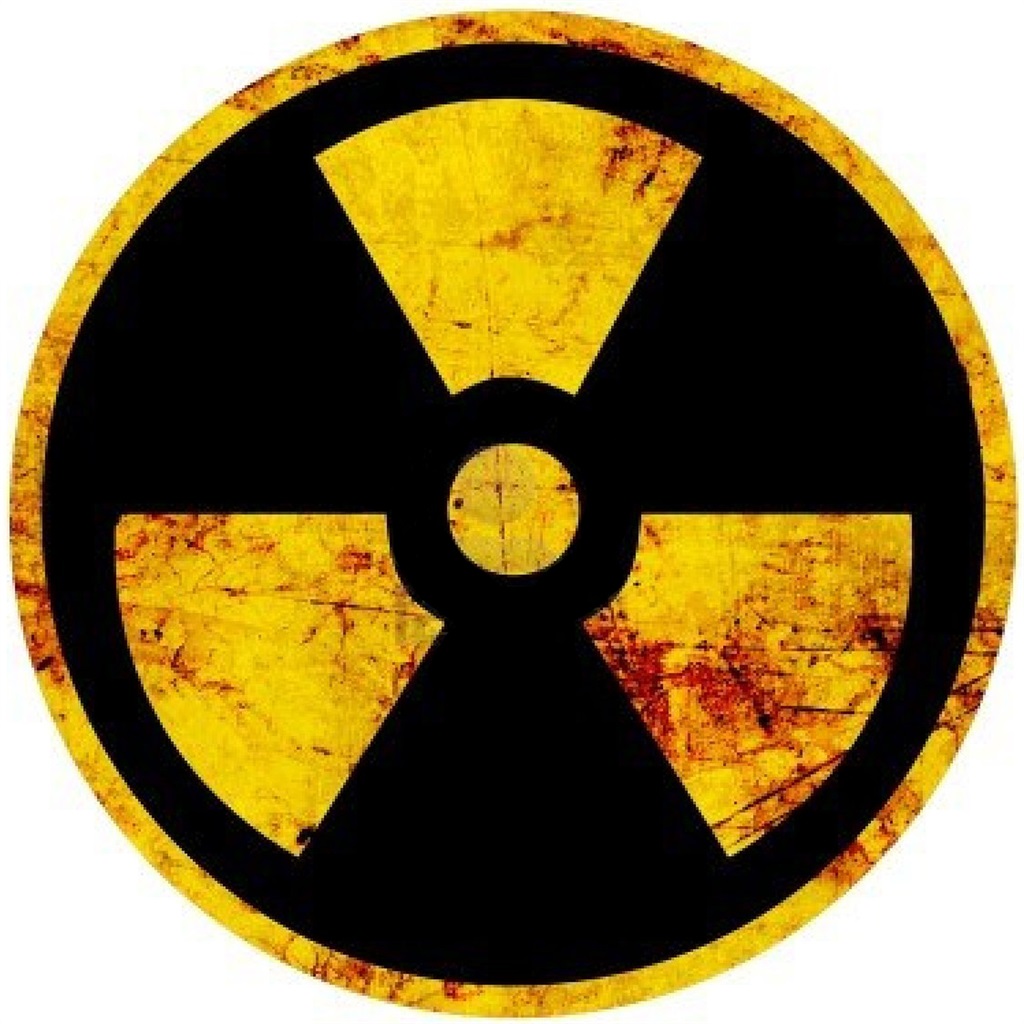
Russian state nuclear corporation Rosatom this week punted a favourable foreign loan as a way for South Africa to fund its nuclear ambitions.
Rosatom has concluded a deal in Hungary, where it will build a new R200 billion, 2 400MW nuclear plant with the help of a generous loan from Russia.
However, Professor Jannie Rossouw, head of the School of Economic and Business Sciences at the University of the Witwatersrand, said that committing to a large increase in debt as a result of the nuclear deal would be disastrous.
“South Africa should not increase foreign exposure at this time because it might contribute to a credit downgrade,” he added.
Rosatom will build and finance Hungary’s new fleet of reactors at the Paks Nuclear Power Plant, located along the banks of the Danube River.
The deal was not put out to tender, as Hungary opted to stick with Russia, which built their existing fleet in the 1980s.
The sweetener to the deal is that Russia will provide an 80% loan to finance the expansion, with extremely favourable lending conditions.
South Africa’s envisioned 9 600MW nuclear deal has been priced at between R500 billion and R1 trillion.
At present, our government debt amounts to some R1.8 trillion, 10% of which is foreign debt. However, state debt is set to rise above R2 trillion during the current fiscal year, ending in February 2017.
South Africa’s debt would soar if government received a loan for R750 billion from Russia, or even China, to fund the nuclear build.
However, Professor Attila Aszódi, government commissioner of the Paks project, warned that the cost could be much more if South Africa did not invest in nuclear.
In Hungary, nuclear provides almost 40% of the country’s energy needs.
Dubbed Hungary’s nuclear “tsar”, Aszódi said Hungary desperately needed cheap, reliable base-load power. Russian gas played a big role in the past, but the gas pipelines had become a liability.
After investigating several scenarios, the government decided nuclear was its only viable option.
Aszódi calculated that the new fleet could provide electricity for between €50 (R808) and €57 per megawatt hour – or estimated at between 81 South African cents and 92c per kilowatt-hour.
Wind energy from the latest round of bids in South Africa’s renewable programme now costs
61c/kWh – roughly half the expected energy cost from new coal power stations.
“Financing is key for the economics of the new power plant,” Aszódi explained.
He said a separate Hungarian-Russian intergovernmental agreement was signed on financing, whereby Russia provided a state loan of €10 billion for financing 80% of the plant’s construction costs. Hungary would raise funds for the remaining 20%.
The loan is available for a period between 2014 and 2025. Payback will begin at the start of the plant’s commercial operation and take place over 21 years. The interest rate is between 3.95% and 4.95%, depending on the period.
Localisation for Hungary was a key factor in the deal.
Officially, the Hungarian loan is to finance nuclear, but critics believe Russia is buying favour with an EU government. Rossouw said South Africa should be wary on this score too.
Local job creation is a key part of Rosatom’s sales pitch to South Africa. Using Paks city as an example, Viktor Polikarpov, Rosatom’s vice-president for sub-Saharan Africa, said the city showed how investing in nuclear energy could benefit a local community and power up a town.
Rosatom’s initial estimates indicate that, during the peak of construction, up to 15 000 direct jobs and 150 000 indirect jobs will be created as a result of the nuclear build in South Africa.
However, the country’s nuclear future is uncertain at this stage, as Treasury has grave concerns about the affordability of the project.
Opposition parties have openly voiced their dissent about the new nuclear build. The DA’s deputy shadow minister of energy, Gordon Mackay, said that, with the economy in crisis, the country could not allow a deal that placed the already strained fiscus at further risk.
Eskom’s group executive for generation, Matshela Koko, has argued that nuclear is the only affordable alternative to provide South Africa with base-load power.
“Nuclear does have high initial construction costs,” he wrote earlier this month. “However, operationally, nuclear offers one of the cheapest sources of electricity.”
Groenewald visited Hungary as a guest of Rosatom




 Publications
Publications
 Partners
Partners








